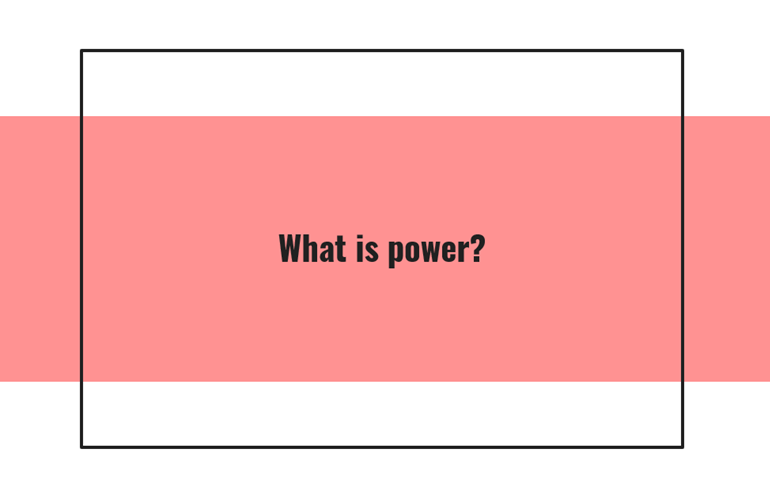
As part of the 2022 Safeguarding Adults Conference in Nottingham, The Ann Craft Trust Safeguarding Adults in Sport team hosted a workshop on Power & Exploitation in Sport and Activity.
Nicole Perry and Erin Sanchez joined us for this session. Nicole is an adjunct professor of dance at the University of Miami. She’s also a leading expert on understanding consent and power dynamics within the dance industry. Erin is an expert on dancers’ heath and wellbeing at One Dance.
The first part of the session set out to explore the theory behind power and how this can affect the ability for a participant to consent.
Nicole introduced us to the theories of power from social psychologists French and Raven, who identified five types of power in relationships which could be open to exploitation. These include Reward, Expert, Coercive, Referent and Legitimate.
The Different Types of Power
Next, she discussed the work of theorist Mary Parker Follet, who devised a number of different types of power. These include:
- Power over
- Power with
- Power to
- Invisible power.
The workshop then split into smaller breakout groups to identify when and how they have seen the different types of power at play within their own settings, along with the positive and negative effect and impact this can have on the participants.
Empowerment and Consent
Having explored the theoretical side of power, Nicole then encouraged us to relate this to empowerment and consent. We thought about how we can provide opportunity for athletes/participants to have informed consent and the ability to say ‘no’ without a negative effect.
Erin Sanchez then discussed how the theory of power can be put into practice with reference to the research and learning that One Dance had undertaken in this area.
Finally, The Ann Craft Trust’s Kimberley Walsh rounded up the session by reminding us what we can do to reduce risk of a negative power imbalance in professional relationships.
This includes having the following in place:
- Codes of conduct
- Policies and procedures
- Training and education
- Athlete selection processes
- Opportunities for people to be heard as part of a positive culture and environment
